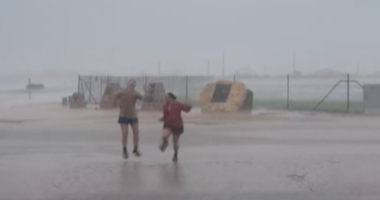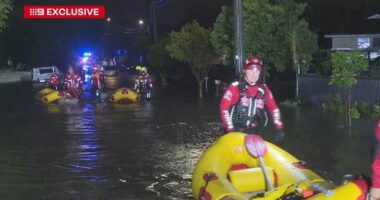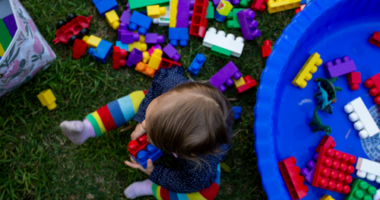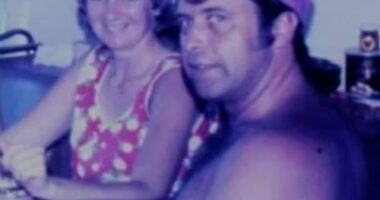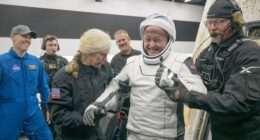Share this @internewscast.com
Tishiko King first felt a sense of greater responsibility when she gazed out at the ocean with her grandfather.
Together, they gazed at the sunset over Masig Island’s waters — a small coral cay in the Torres Strait with a community of fewer than 300 people — during her childhood days.
“He used to just share and say, ‘if you look and care after the ocean, the ocean will return you home’,” she told 9news.com.au.
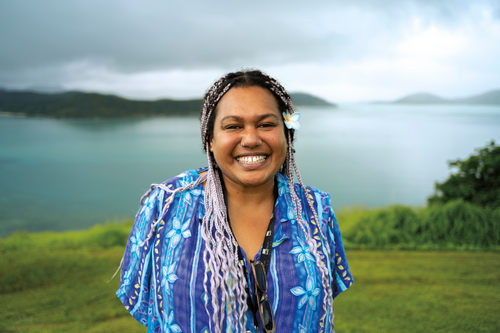
“I didn’t quite understand what that really meant, but I knew the value of that.
“I would continue to hear the stories of just some of our ways of the ocean and the sky, and so people would call them myths and legends.
“But to me, it also illustrated our profound connection to the ocean and our island home, and I say that because I believe it has greatly influenced who I am.”
The proud Kulkalaig woman followed her love of the ocean and became a marine biologist based in Melbourne.
“I spent some time learning Western science and seeing the correlation to traditional science,” she said. 
Out of a desire to reconnect with her home that she had been away from for two decades, she returned to Masig Island in 2020.
But, one evening, a king tide hit and wreaked havoc by unearthing buried bones.
“I had to pick up the pieces of an aka, one of our family’s matriarchs, and pick up her bones like seashells off the beach,” she said.
“It was confronting, having to pick up those bones, like my heart broke. I cried.”
King was dragged away by her nieces and nephews, who told her it was the third time they had had to collect bones that month. 
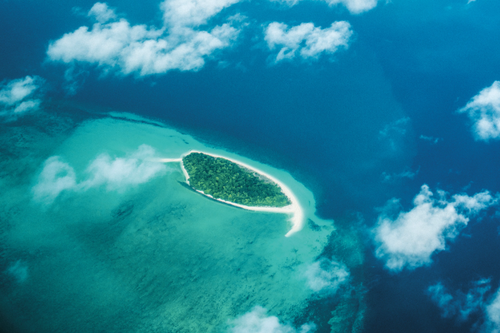
Over time, king tides, rising sea levels, and flooding have caused coastal erosion on Masig Island, affecting burial sites, cultural traditions, and daily life.
King pivoted her work and became focused on advocating for the Torres Strait Islands, where she said the unfolding consequences of climate change are serving as a marker for what could soon happen in mainland Australia.
“If we’re seeing these drastic challenges now in our low-lying Island communities, it’s just a matter of when other folks are really going to feel this,” she said.
“It’s going to cost big coastal towns like the Gold Coast and the Sunshine Coast and all of those million-dollar houses.”
As King works to encourage ocean protection, she is aware of the underrepresentation of Torres Strait Islander communities in the space.
“When we’re talking about the ocean and we’re talking about the environment and we’re talking about nature and biodiversity, we must also be talking about the people that have looked and cared after the lands and the oceans and the mountains and the waterways for millennia, and continue to steward those responsibilities that have been passed down,” she said. 
“It is vital to have traditional knowledge and wisdom at the heart of all business.
“The more diverse knowledge we have, the more that we know because there’s no limit to knowledge, and we know we can learn more when we hear more.”
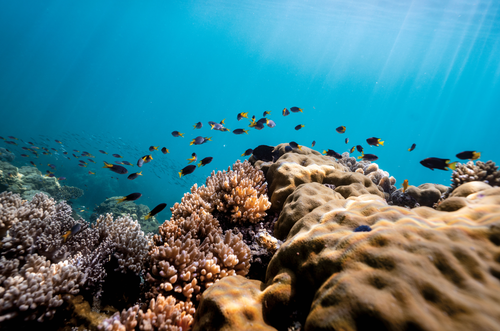
She said she hoped sharing her story, culture and connection to the ocean would help amplify the strength of communities like hers living on the frontlines and inspire work that addresses the climate crisis. 
When asked what encouraged her to keep defending the planet, the answer was simple.
“I’ve got saltwater pumping in my veins,” she said.


